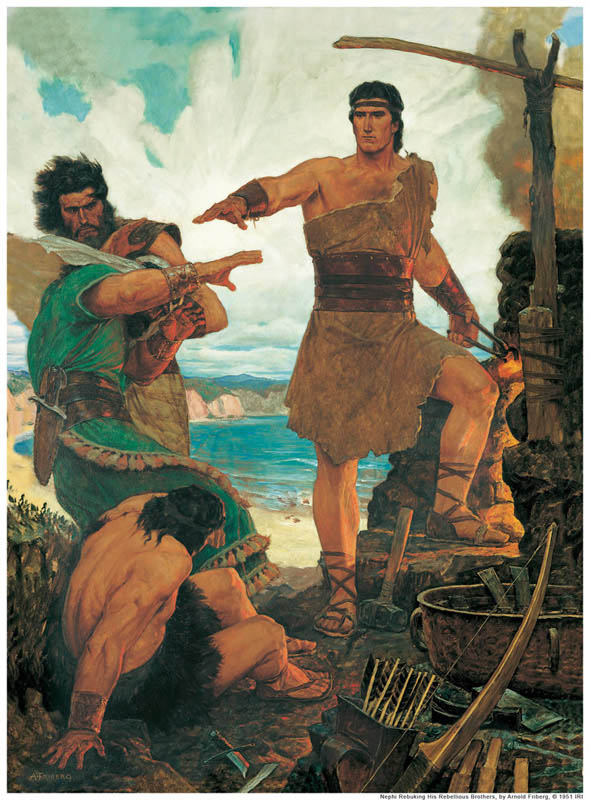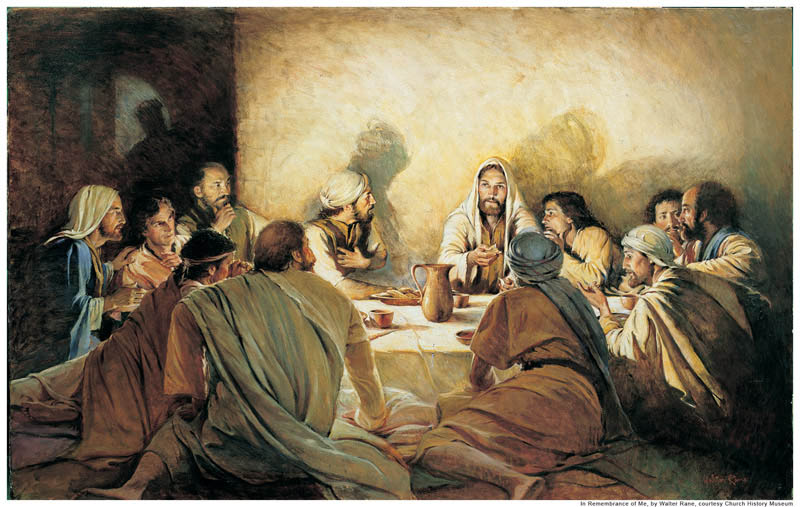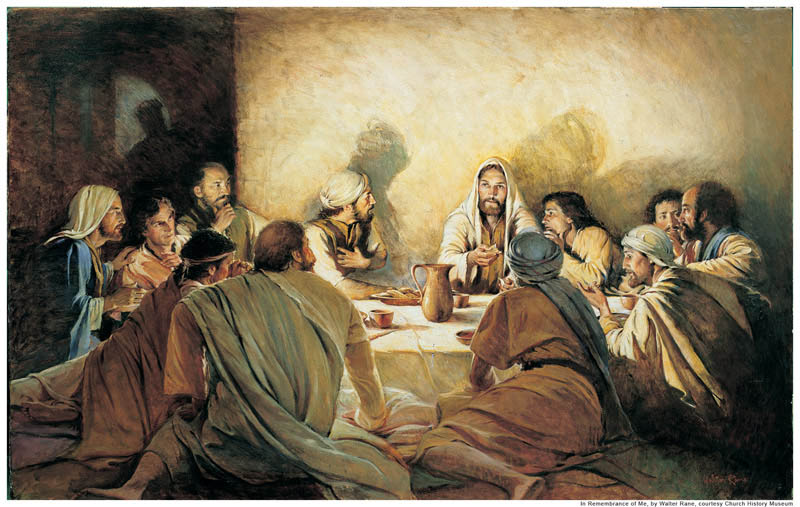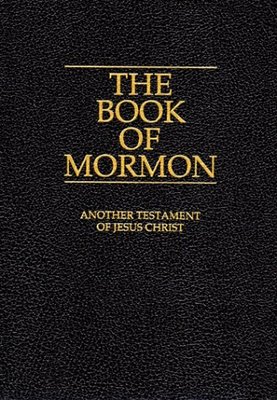A | B | C | D | E | F | G | H | I | J | K | L | M | N | O | P | Q | R | S | T | U | V | W | X | Y | Z
Abraham:
Ancestor of the covenant people. He sought for and obtained a blessing from Jehovah, which included the Melchizedek Priesthood and gospel covenants. In addition to the record in the Old Testament, the Book of Abraham in the Pearl of Great Price offers more information about his life and his interaction with God.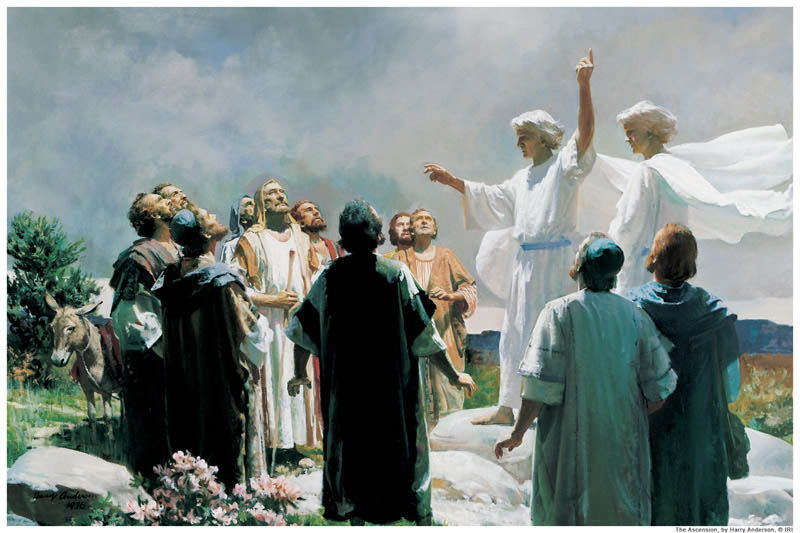
Acts of the Apostles:
The book written by Luke that continues the account in his gospel and chronicles the post-Resurrection work of the Church.
Agency:
The ability and privilege God provides for His children to choose and to act for themselves.
Agōn (ἀγών):
Greek word meaning “the place of an assembly (that witnesses) an athletic contest” Later it came to mean “struggle”
Agōnia (ἀγωνία):
Greek word meaning “agony.”
Aitia (αἰτία):
Greek word meaning “a legal cause of action.”
Andrew:
One of the twelve Apostles called by Jesus during His earthly ministry. He was the brother of Simon Peter.
Angel:
A title used in the King James Bible and Latter-day Saint literature to indicate a messenger, particularly from heavenly realms. Angels can also refer to spirits in the premortal world or the hosts of heaven (Revelation 12:7–9; Jude 1:6; Job 38:7).
Angel Moroni (Moroni):
Angel who visited Joseph Smith and taught him about the record that Joseph translated to make the Book of Mormon.
Anna:
A prophetess and widow, she was present at the infant Jesus’ presentation in the temple (Luke 2:36–38).
Apocalypse of Peter:
Part of the Nag Hammadi collection of early Christian documents.
Apocryphal Literature:
Early writings that were not canonized. Some of these writings were considered useful by the early Church, but many are not thought to be authentic.
Apocryphon of James:
Part of the Nag Hammadi collection.
Apologetics:
The method of providing a rational explanation for holding a certain point of view.
Apostasia (ἀποστασία):
Greek word meaning “rebellion or mutiny.”
Apostasy:
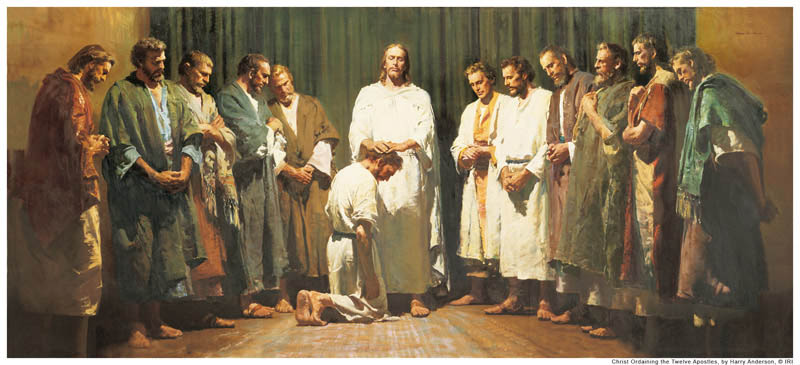 Used to connote those times when the fullness of the gospel was taken from the earth.
Used to connote those times when the fullness of the gospel was taken from the earth.
Apostle:
Greek word meaning “ambassador” or “messenger.” As used in the New Testament, it designated an authorized leader in the Christian Church.
Aquinas, Thomas:
A Catholic theologian and philosopher. He is best known for his work Summa Theologica, a medieval commentary on theology.
Atonement:
Meaning “suffering the penalty for sins,” thus allowing people to be reconciled to God. Jesus Christ began the Atonement in the Garden of Gethsemane prior to the Crucifixion, by doing so atoning for the sins of the world. Jesus Christ was the only one capable of performing the Atonement for all mankind. Because of His Atonement, all people will be resurrected, and those who obey His gospel will be exalted.

